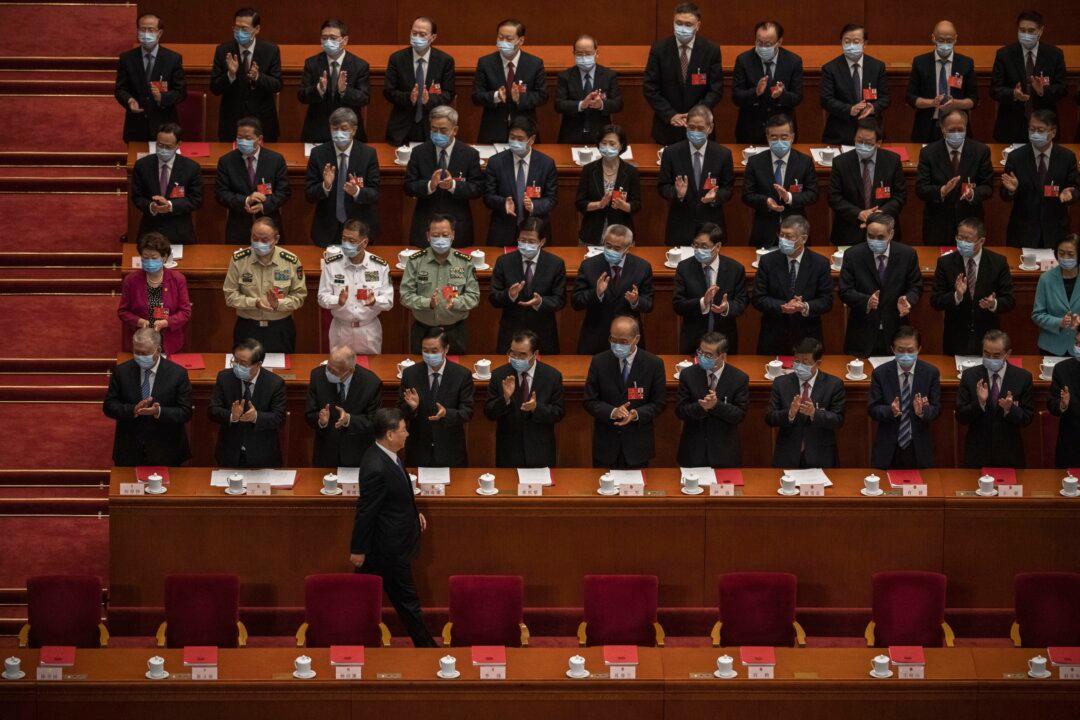Commentary
Bret Stephens is a talented man. A brave individual, Stephens, who is an opinion writer at The New York Times, discusses subjects that would get other journalists fired. Stephens survives because he is excellent at what he does. His writing is lucid, objective, and refreshingly candid. However, his latest opinion piece, “China Won’t Bury Us, Either,” isn’t his finest piece of work. The 47-year-old New Yorker argues that the Chinese Communist Party (CCP) will be defeated by truth. Its constant barrage of lies will prove to be its downfall. As appealing as this might sound, Stephens’ thesis is built on a foundation of sand.





